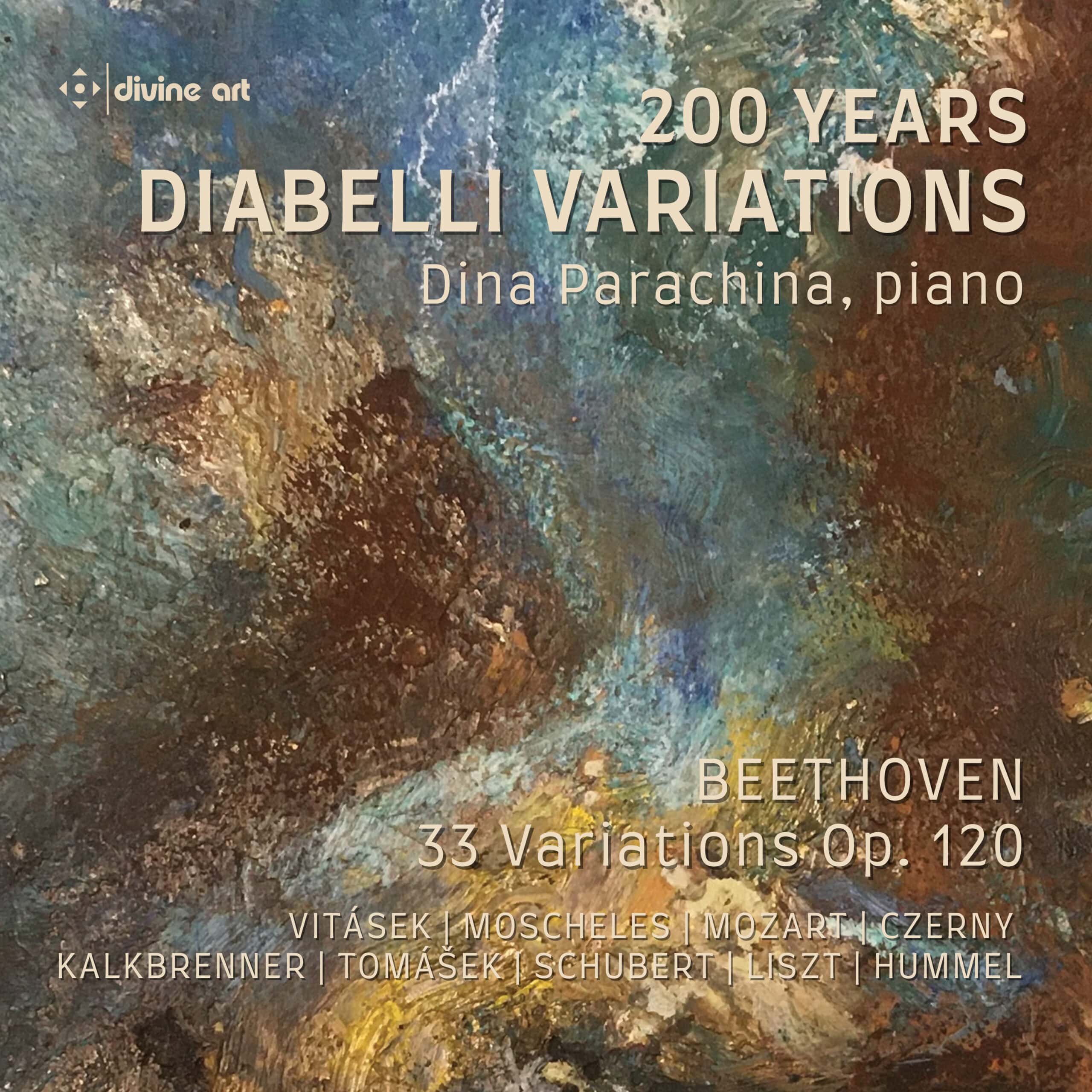International Piano
Any new recording of Beethoven’s Diabelli Variations has to confront an astonishing array
of rival versions by many of the greatest Beethoven pianists of the past half century – including Rudolf Serkin, Alfred Brendel, Stephen Kovacevich and Ronald Brautigam – but Dina Parakhina helps her case by presenting Beethoven’s set in an interesting context, alongside a well-chosen selection from the other’ Diabelli variations written for the collective endeavour published in 1824 as the second volume of Diabelli’s Vaterländische Künstlerverein – a multi-composer sequel to Beethoven’s set which had been issued the previous year. There are a few mannerisms in Parakhinas presentation of the theme itself, but for the most part her Beethoven is very impressive, with a clear overview of the whole work: the variations flow from one to the next with a strong sense of cumulative power, and there’s plenty of variety in touch and colour, too. The fugue is maybe a little relentless. but the concluding Tempo di minuetto is beguiling, with plenty of delicacy and wit.
This is a worthwhile Diabelli even without the extras; but they add a good deal of enjoyment, even if they are entirely overshadowed by Beethovens masterpiece. There are plenty of diverting curiosities here: the stormy variation by the boy Liszt, a tender and delightfully characteristic contribution from Schubert, engaging virtuoso pieces from Moscheles and Franz Xaver Mozart, and the variation and coda by Czerny. Rudolf Buchbinder recorded the complete Vaterländisches Künstlerverein on two Telefunken LPs (later reissued), but unless you want such a comprehensive recording, Parakhinas new album is recommendable, offering excellent performances of a selection of the most worthwhile variations, alongside an admirable account of the Beethoven.
@divineartrecordingsgroup
Search
Newsletter
A First Inversion Company
Registered Office:
176-178 Pontefract Road, Cudworth, Barnsley S72 8BE
+44 1226 596703
Fort Worth, TX 76110
+1.682.233.4978












